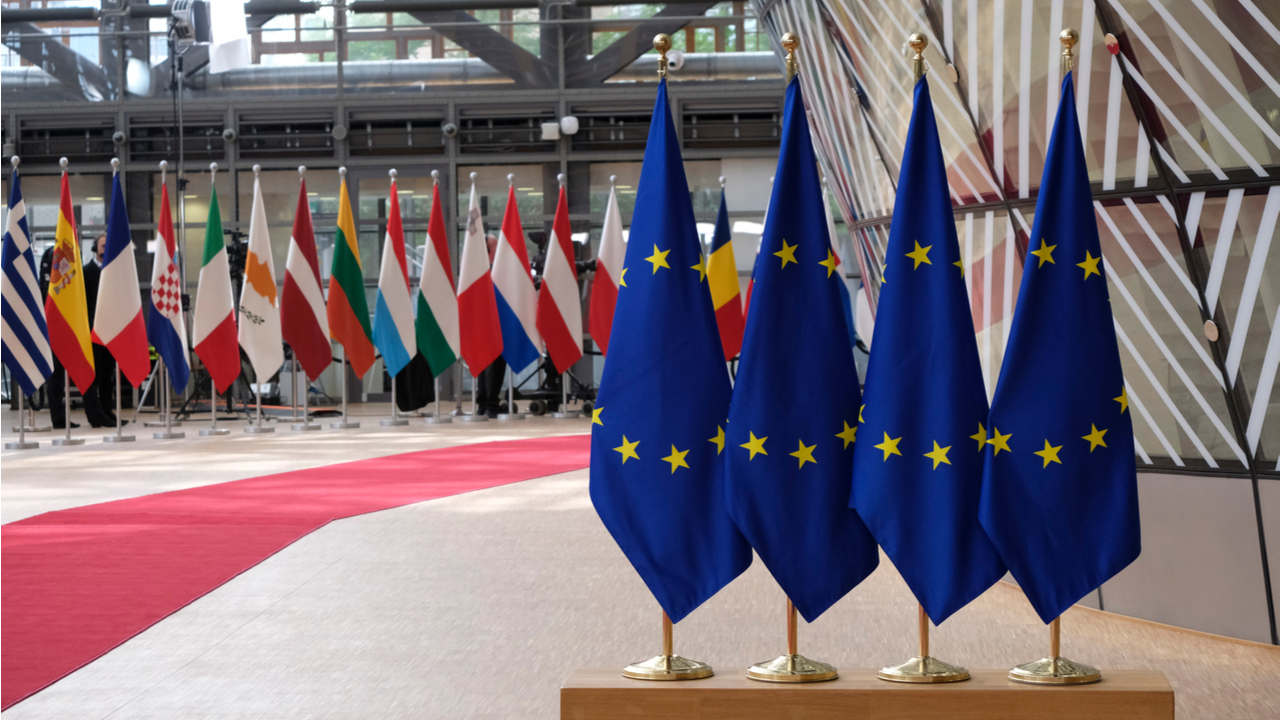
The European institutions have reached tentative agreement on a set of EU regulations that will impose obligations on crypto companies to help prevent money laundering, among other illicit activities that may involve digital assets. This development comes as the EU seeks to comprehensively regulate the continent’s cryptocurrency market.
EU officials and lawmakers agree on AML measures in the crypto space
Negotiators representing key participants in the EU decision-making process have reached agreement on anti-money laundering (AML) rules that would require companies in the crypto industry to verify the identity of their customers and report suspicious transactions. In the future, the European ToFR (Transfer of Funds Regulation) will also cover cryptocurrency transactions.
The regulations have not yet been finalized and approved by the relevant European institutions, but the tentative deal signals a coming clampdown for the sector. Crypto companies need to support financial authorities in their efforts to crack down on dirty money, the European Parliament and the EU Council indicated Wednesday.
Improved oversight should ensure that crypto assets can be tracked like traditional money transfers, Reuters reported, referring to an official statement released. Quoted by the news agency, Ernest Urtasun, a member of the Spanish Green Party who participated in the process, elaborated.
The new rules will allow law enforcement authorities to link certain transfers to criminal activity and identify the real persons behind those transactions.
The EU agency further noted that the rules also cover “unhosted” crypto wallets. This term is used by the European authorities to designate wallets held by private individuals that are not managed by a licensed platform. It applies to transactions with crypto service providers with a fiat value exceeding €1,000 (about $1,040).
The proposal has not been received with enthusiasm in the crypto industry: in a letter sent in mid-April to finance ministers of the 27 EU member states, companies dealing with crypto assets urged European policymakers to ensure that the regulations do not exceed the standards adopted by theFATF
global Financial Action Task Force on Money Laundering.
On Thursday, the EU also sought agreement on a broad framework designed to regulate crypto-related activities across the EU. Members of the European Parliament and representatives of EU countries will have to reconcile their positions on proposed legislation for a new crypto asset market (MiCA), which is expected to enter into force by the end of next year. Crypto companies will then have 18 months to obtain a MiCA license to operate in the European Union.
Image credits: Shutterstock, Pixabay, Wiki Commons, Alexandros Michailidis














